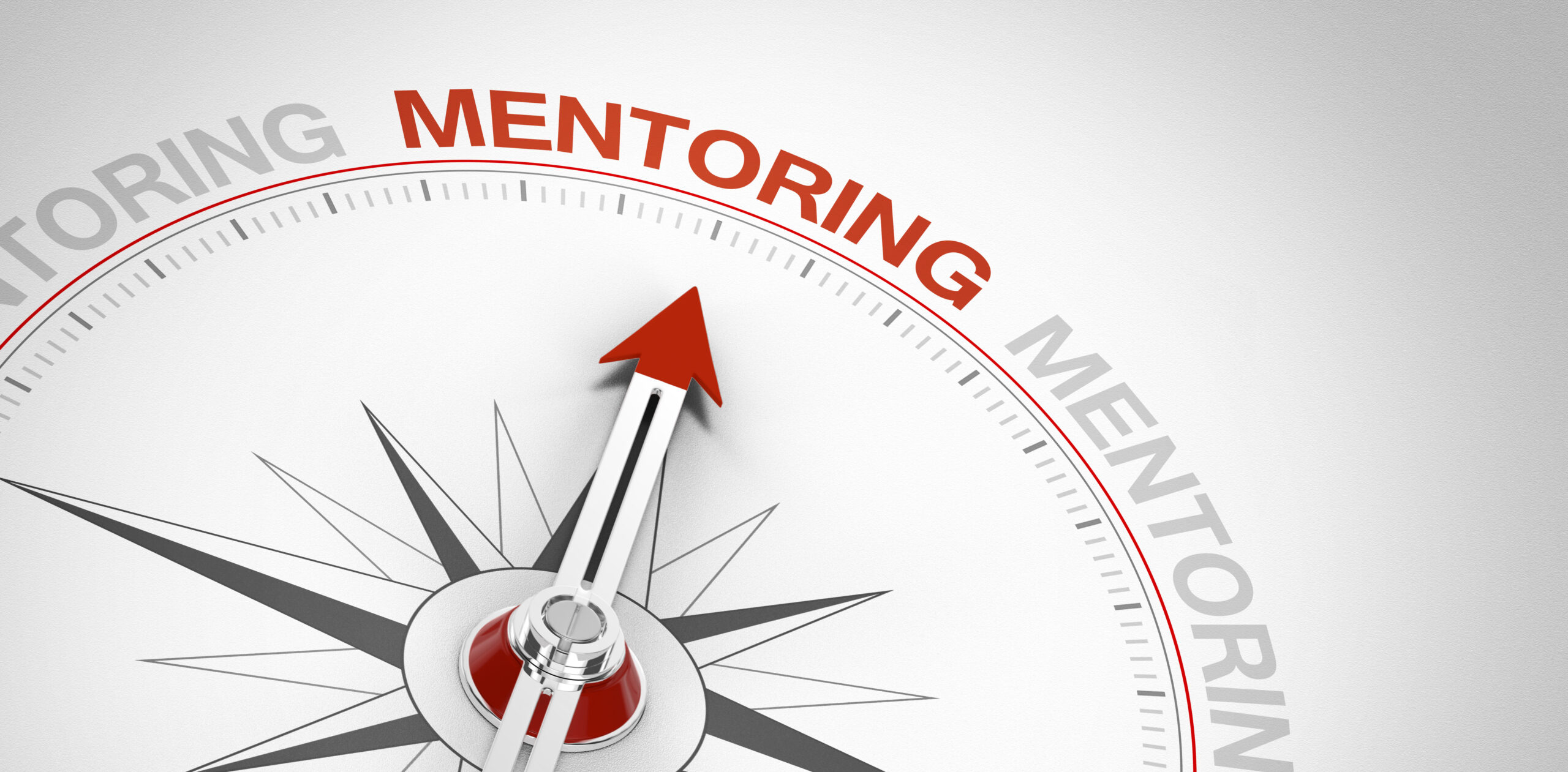
Faculty Mentoring at NC State
The Office for Faculty Excellence is committed to supporting faculty growth and success through peer mentoring. This includes empowering faculty to take control of their professional development by making mentoring more accessible and relevant to changing needs. Whether you are an experienced mentor looking to share your wisdom or a junior faculty member seeking guidance, this page is your go-to resource for fostering meaningful connections and accessing the NC State faculty mentoring resources.
Faculty Mentoring Resources
Faculty Mentoring Central
Faculty Mentoring Central has links to forms and resources related to mentoring for mentees, mentors, department heads and deans as well as general mentoring support. All forms and resources can be downloaded as one pdf booklet called the Faculty Mentoring Guide.
Mentor-the-Pack
Mentor-the-Pack is a software-based tool that can easily match mentees to mentors based on their needs and expertise. Faculty sign up in the system as mentors, mentees or both, indicating their expertise as mentors and mentoring needs as mentees. The system them provides mentees with a list of mentors whose expertise most closely matches their needs. Mentees then contact the mentor who has the option whether or not to accept the mentor invitation. This vibrant software system includes professional development for mentees and mentors and can accommodate flash or one-time mentoring needs, longer term one-on-one mentoring relationships, and group mentoring.
Faculty On Track
Faculty On Track is a research-based and theory-driven program designed to provide new and junior faculty with an organized and informed approach to understanding and engaging in ongoing preparation for evaluation in the retention, promotion, and tenure (RPT) process.
Mentoring Matters
Mentoring Matters is a 4-part professional development program designed in collaboration with NC State’s Graduate School to equip faculty with the tools and strategies to foster more productive and successful mentoring and advising relationships with graduate students. Based on the CIMER Entering Mentoring curriculum, the series focuses on how to nurture advisee/mentee relationships through exploring case studies and proven tools and strategies. Participants will come away from the series with better insight and understanding of the mentor/mentee relationship and a suite of tools to use with their mentees. This new program consists of four 90-minute workshops every two weeks beginning on September 6, 2024.